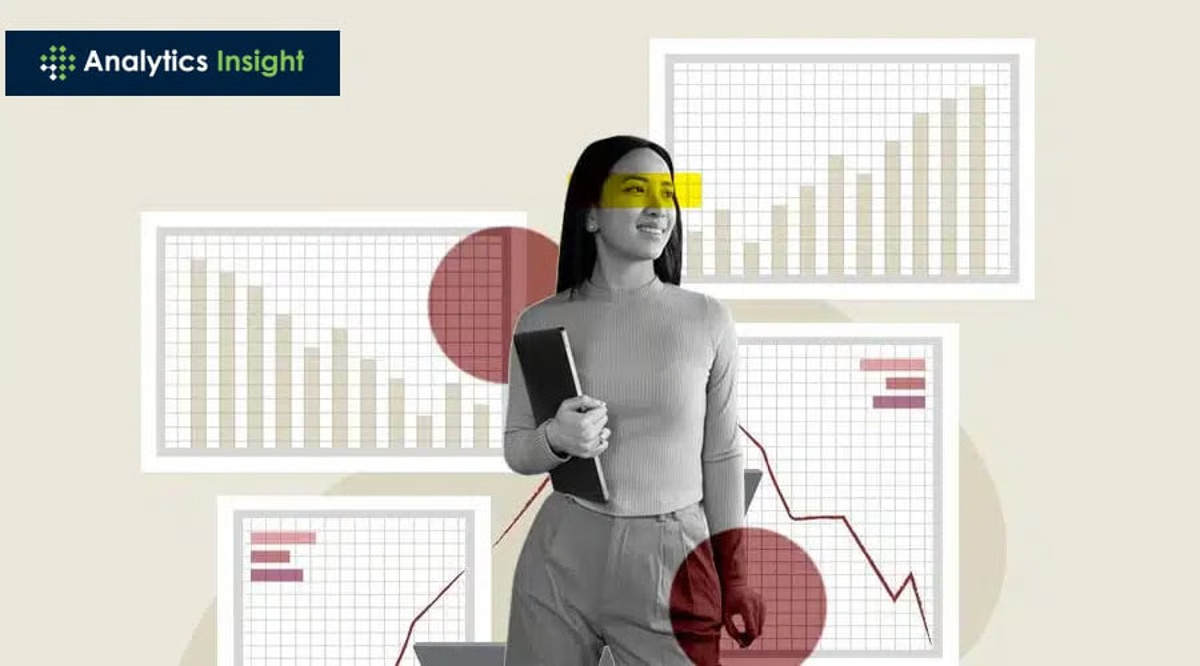
By S Akash Published on: 11 Mar 2024, 7:42 am
Collected at : https://www.analyticsinsight.net/artificial-intelligence/future-of-farming-innovation-and-transformation-with-big-data-ai
Introduction:
As the world population burgeons and climate change poses ever more significant challenges to traditional farming practices, the agricultural sector is embracing technological advancements to meet the growing demand for food production sustainably. At the forefront of this revolution are Big Data and Artificial Intelligence (AI), two powerful tools reshaping the landscape of modern farming. By harnessing the vast amounts of data generated across the agricultural ecosystem and employing AI-driven insights, farmers can optimize crop yields, minimize resource wastage, and enhance sustainability. This article explores how the integration of Big Data and AI is driving innovation and transformation in farming practices, revolutionizing everything from planting schedules to supply chain management, and shaping the future of agriculture worldwide.
The Power of Big Data in Agriculture:
Big Data has become a game-changer in agriculture, enabling farmers to collect, analyze, and utilize vast amounts of data to make informed decisions. From weather patterns and soil health to crop conditions and market trends, Big Data provides valuable insights that drive agricultural efficiency and productivity. By leveraging data analytics, farmers can optimize planting schedules, irrigation strategies, and pest management practices, ultimately maximizing crop yields while minimizing resource wastage.
Harnessing AI for Precision Farming:
Artificial Intelligence is the driving force behind precision farming, offering farmers advanced tools and technologies to optimize agricultural processes. Machine learning algorithms analyze complex datasets to identify patterns, predict crop yields, and optimize resource allocation. AI-powered solutions enable autonomous machinery and robotics to perform tasks with unprecedented accuracy and efficiency, reducing labor costs and improving operational efficiency. Moreover, AI facilitates the development of smart farming techniques such as precision agriculture, which enable targeted interventions to optimize crop health and minimize environmental impact.
Smart Farming Solutions for Efficiency and Sustainability:
The integration of Big Data and AI has led to the development of smart farming solutions that revolutionize traditional agricultural practices. Autonomous tractors, drone surveillance systems, and sensor networks enable farmers to automate routine tasks, monitor crop health, and optimize resource utilization in real-time. Precision agriculture techniques such as variable-rate irrigation and precision spraying minimize inputs while maximizing yields, promoting environmental sustainability and resource conservation. Furthermore, smart farming technologies enable farmers to achieve greater operational efficiency, reduce waste, and enhance profitability.
Enhancing Supply Chain Management with Data Insights:
Beyond the farm gate, Big Data and AI are transforming supply chain management and market forecasting in the agricultural sector. By analyzing consumer preferences, demand patterns, and supply dynamics, AI algorithms optimize production planning, pricing strategies, and distribution channels. Blockchain technology enhances transparency and traceability throughout the supply chain, ensuring food safety and quality assurance. Moreover, data-driven insights enable farmers to anticipate market trends, optimize inventory management, and respond swiftly to changing market conditions, ultimately improving market competitiveness and profitability.
Addressing Societal Challenges and Promoting Sustainability:
In addition to economic benefits, Big Data and AI offer solutions to broader societal challenges such as food security, environmental sustainability, and rural development. By harnessing data-driven insights and AI-driven technologies, farmers can mitigate the effects of climate change, reduce resource depletion, and promote regenerative agriculture practices. Digital platforms and mobile applications empower smallholder farmers in developing countries by providing access to market information, financial services, and agricultural extension services, thereby improving livelihoods and enhancing food security.
In conclusion, the integration of Big Data and AI represents a seismic shift in farming innovation and transformation, unlocking new opportunities for sustainable agriculture and food security.

Leave a Reply